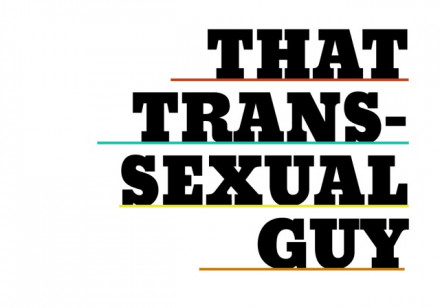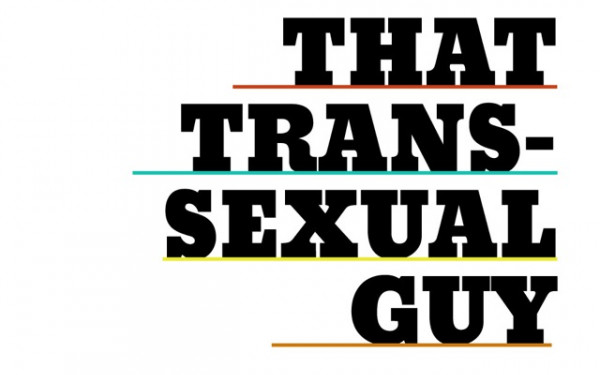TRANSforming Feminism Conference: Trans Access (The Redux)
To give you an idea as to how intense the TRANSforming Feminism conference in Peterborough, ON, two weekends ago was, I’ll share an anecdote with you.
On the bus ride home, I sat with a fellow conference-goer. She was telling me about her teaching experiences in Thailand. She told me that Thai folks have the ability to see more than two genders. I stared at her, then out the window at the passing trees for several moments before beginning to sob.
We had spent the weekend talking about gender, access to services, our bodies and how to heal in an oppressive society. It was a heavy weekend.
The conference pamphlet describes the hosts, The Collective for Gender and Social Justice, as “a collective of trans and cis folks working in solidarity with trans people and communities; queers, 2-spirits and polysexuals; Indigenous peoples, people of colour and settlers; anarchists, agitators and anti-oppression community organizers working towards radical trans inclusion, community accountability and transfeminist praxis: the destruction of transphobia, cis-sexism and trans-misogyny.”
“The first [conference] took place in 2008,” said Ki, a public educator and poet and one of the main organizers. “It was clear then that it was the first time (or one of the first times) something like this had happened in southern/south-eastern Ontario and the turnout was huge, people were really excited and I guess we’ve just been trying to keep up the momentum.”
“This year to have people coming not only from Toronto and Ottawa, but a relatively large contingent from Montreal, and folks flying in from Atlantic ‘Canada’ I think really goes to show, me, anyway, how important and rare these spaces are.”
The entire conference was pay-what-you-can, with the full weekend priced at $30.
“Ultimately, it’s an accessibility measure,” said Ki.
“We just really didn’t want to impose any extra financial barriers to attending the conference, we hoped people would be coming from other cities, regions, etc., and that would already be an expense for people—it’s really exciting that we are able to subsidized travel for folks who requested it.”
While Peterborough, or Nogojiwanong, its Ojibway name, seems very local for a conference like this, Givogue says that the midsize municipality has the same need for trans support as any other.
“In the end, I feel that a) Nogojiwanong is a gathering space,” said Givogue, who is an anarcha-Indigenous community organizer. “And rad folks are here organizing, b) Peterborough is like any other community in that there needs to be trans spaces, services, etc. and c) community partnerships between trans and trans inclusivity-working groups.”
Julia Serano, author of Whipping Girl: A Transsexual Woman on Sexism and the Scapegoating of Femininity, spoke well on the Friday evening. Athens Boys Choir performed handsomely on the Saturday night. There were workshops with intriguing titles such as Modifying and Healing Our Trans Bodies: Working With/Out Institutions and a Panel Discussion on Trans Access in Women’s SpacesAddressing Abuse in our Relationships and our Communities.
Both organizers I spoke to expressed an interest in self-care workshops, emotional responsibility and figuring out how to leave space for flexibility.
While I certainly don’t mind educating folks about what “real” masculinity is by sobbing on a Greyhound bus, I also think it is a good idea to create a space for recovery when the workshops do get emotional.
Transsexual, transgender, and gender-non conforming folks often don’t have safer, accountable spaces to discuss personal experiences surrounding oppression, suppression, and repression. For me, this is why the TRANSforming Feminism conference is profoundly important.
Update: This article originally stated that the TRANSforming Feminism conference was last weekend. In fact, the conference was held Sep. 28–Sep. 30. The story has been updated to reflect the correct information. The Link regrets the error.




